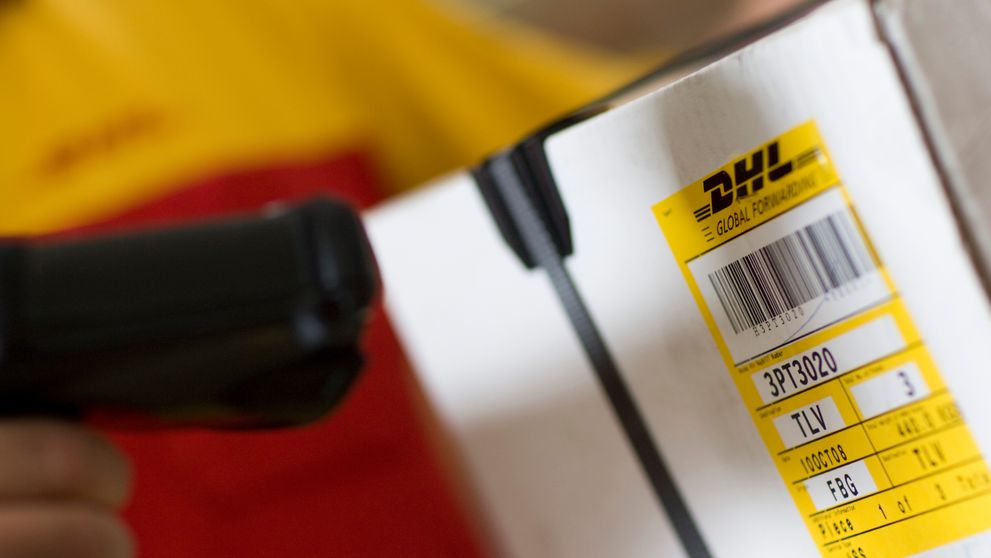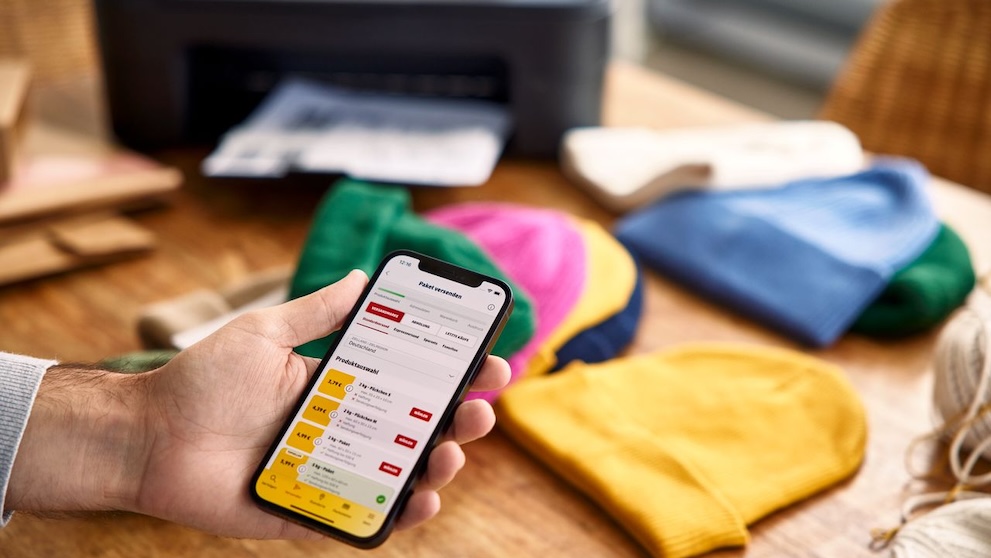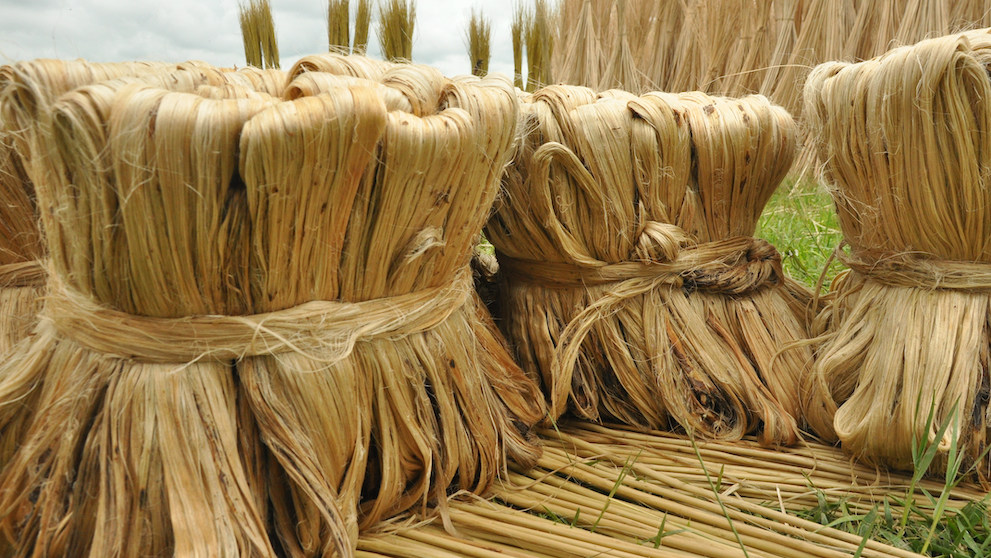As a prominent player in the global garment export industry, Bangladesh has earned a reputation for its expertise in producing export quality garments. Leveraging the country's expertise is advantageous for businesses in Bangladesh looking to export apparel and garments overseas. With a favourable business environment, competitive labour costs, and a commitment to compliance and sustainability, Bangladesh has become a preferred destination for sourcing and exporting readymade garments. This guide will orient you with the essential steps and regulations for readymade garments export from Bangladesh, ensuring a smooth journey to international markets. With the support of trusted logistics providers like DHL Express, you can confidently expand your business and tap into the opportunities of global garment exports.
Complying with international trade regulations
Exporting garments requires careful adherence to international trade regulations to ensure your products meet the necessary standards and requirements. Even experienced apparel exporters must comply with garment export procedures to successfully transport their products overseas. Aside from familiarising yourself with items allowed for shipping and export, it is also important to learn about some key areas you need to consider if you're planning on exporting cloth or garments from Bangladesh:
1. Product standards
The first step of the garments export procedure from Bangladesh is ensuring your products meet the standards required by your client. Understanding the product standards and quality expectations of your target markets is important. Ensure that your garments comply with the relevant regulations, such as safety standards, fibre content requirements, and labelling guidelines. Thoroughly test your products and obtain the necessary certifications to guarantee their quality and compliance. Some of these certifications include:
- OEKO-TEX Standard 100 – This certification ensures that cloth and garments for export are free from harmful substances and meet stringent human-ecological requirements.
- Global Organic Textile Standard (GOTS) – This certification is specifically for organic fibres and ensures that the production process, from harvesting to manufacturing, follows strict environmental and social criteria.
- ISO 9001 – This internationally-recognised certification focuses on quality management systems, ensuring that your production processes meet customer expectations and comply with relevant regulations.
- ISO 14001 – This certification demonstrates your commitment to environmental management, addressing resource efficiency, waste reduction, and pollution prevention.
- BSCI (Business Social Compliance Initiative) – This initiative promotes ethical practices in the supply chain, ensuring fair wages, safe working conditions, and workers' rights.
- WRAP (Worldwide Responsible Accredited Production) – This certification focuses on social and ethical compliance, covering labour practices, health and safety, and environmental standards.
Researching and identifying the specific certifications relevant to your target markets and customers is essential. Obtaining these certifications demonstrates compliance with product standards, enhances your brand reputation, and increases market access for your garments for export.
2. Customs requirements
Customs procedures are an integral part of international trade. Familiarise yourself with the customs requirements of the countries you plan to export to, including import duties, taxes, and documentation. It is recommended to engage the services of an experienced customs broker or freight forwarder, like DHL Express, who can guide you through the complex customs process and help you avoid delays or penalties. Some of the customs and export requirements that you may need to procure before you ship out your garments from Bangladesh include the following:
- Export documentation: Prepare the documents required for exporting garments, such as commercial invoices, packing lists, bill of lading/air waybills, export declaration forms, and certificates of origin.
- Harmonised System (HS) codes: Assign the appropriate HS codes to your garments, which classify products for customs purposes based on their characteristics and materials.
- Import duties and taxes: Research and understand the import duties and taxes applicable in the destination country. These may vary depending on the type of garment for export and the specific trade agreements in place.
- Customs valuation: Ensure accurate valuation of your garments for customs purposes, including the declared value of the goods and any additional charges or costs associated with the export.
- Trade agreements and preferences: If applicable, identify and comply with any garment export or trade agreements or preferences between Bangladesh and the importing country, which may provide tariff reductions or exemptions.
- Restricted or prohibited items: Check for any restrictions or prohibitions on certain export quality garment types, materials, or designs in the destination country.
- Special permits or licenses: Determine if any special permits or licenses are required for specific garment categories, such as those involving controlled substances or endangered species.
It is crucial to consult with customs experts, garment exporting couriers, or customs agencies to ensure compliance with all the specific customs requirements of both Bangladesh and the importing country. This step will help streamline the garment export procedure, acquire the necessary documents, and minimise potential delays or issues when exporting readymade garments from Bangladesh. When you export through a reliable logistics provider such as DHL Express, we can assist you with all your inquiries regarding the efficient export of your garments from Bangladesh.
3. Labelling and packaging rules
Providing the necessary information before exporting your garments and apparel from Bangladesh can help DHL Express guarantee your products' timely shipping and delivery. Proper labelling and packaging are essential for exporting garments. Label your products correctly with the required information, such as size, material composition, care instructions, and country of origin. Some of the relative information needed on our waybills include:
- Receiver's information
- Exporter's information
- Full shipment description – Indicate what type of goods are being shipped and the quantity
- Full shipment details – Indicate the total number of packages you will ship, the total shipment weight, and the dimensions
- Services - Indicate the transit service, optional services, and Shipment Value Protection
- Payment Information
- Dutiable/Non-document shipment information – Indicate the value of the shipment in USD, Schedule B numbers, and HS Code
- Other information, if required – May include the export license number/symbol, security number, receiver's GST/VAT, exporter's EIN/Employer Identification Number or SSN/Social Security Number, and EEI/Electronic Export Information
DHL Express requires the information above to ensure your products' safe and timely export. Providing proper, clear, and legible labelling helps customs officials and recipients appropriately identify and handle your garments for export. Additionally, securely packaging your garments provides adequate protection during transportation to prevent any product damage. Consider using eco-friendly packaging options, which are increasingly favoured by conscious consumers worldwide. By complying with the labelling and packaging requirements, you can help enhance the efficiency and reliability of your garments exports and shipping with DHL Express.
4. Intellectual property rights
Protecting your intellectual property is crucial when exporting garments. Conduct thorough research to ensure your designs and trademarks are not infringing on existing copyrights or trademarks in your target markets. Register your intellectual property rights where necessary and consider consulting legal experts to safeguard your creative assets.






































